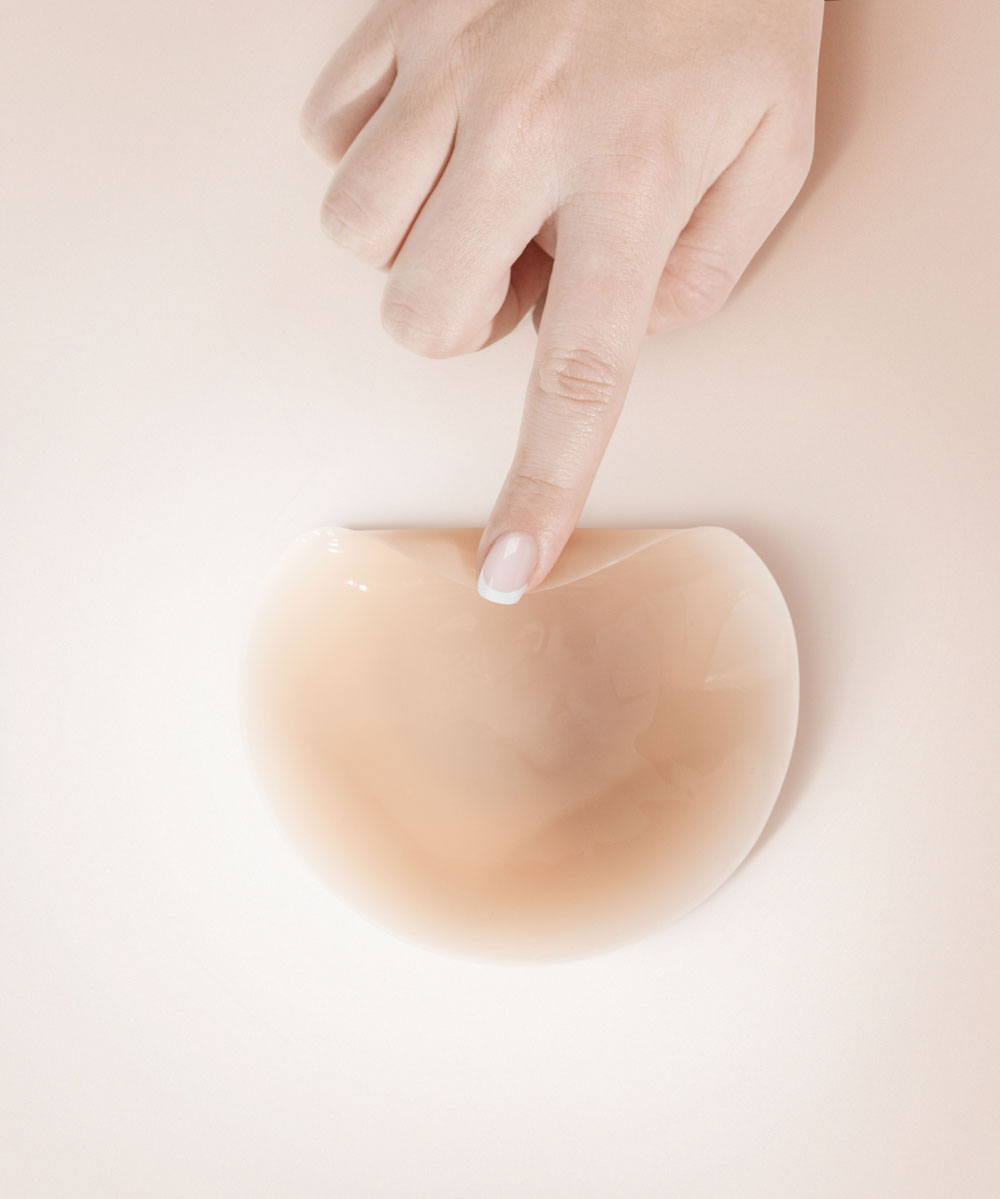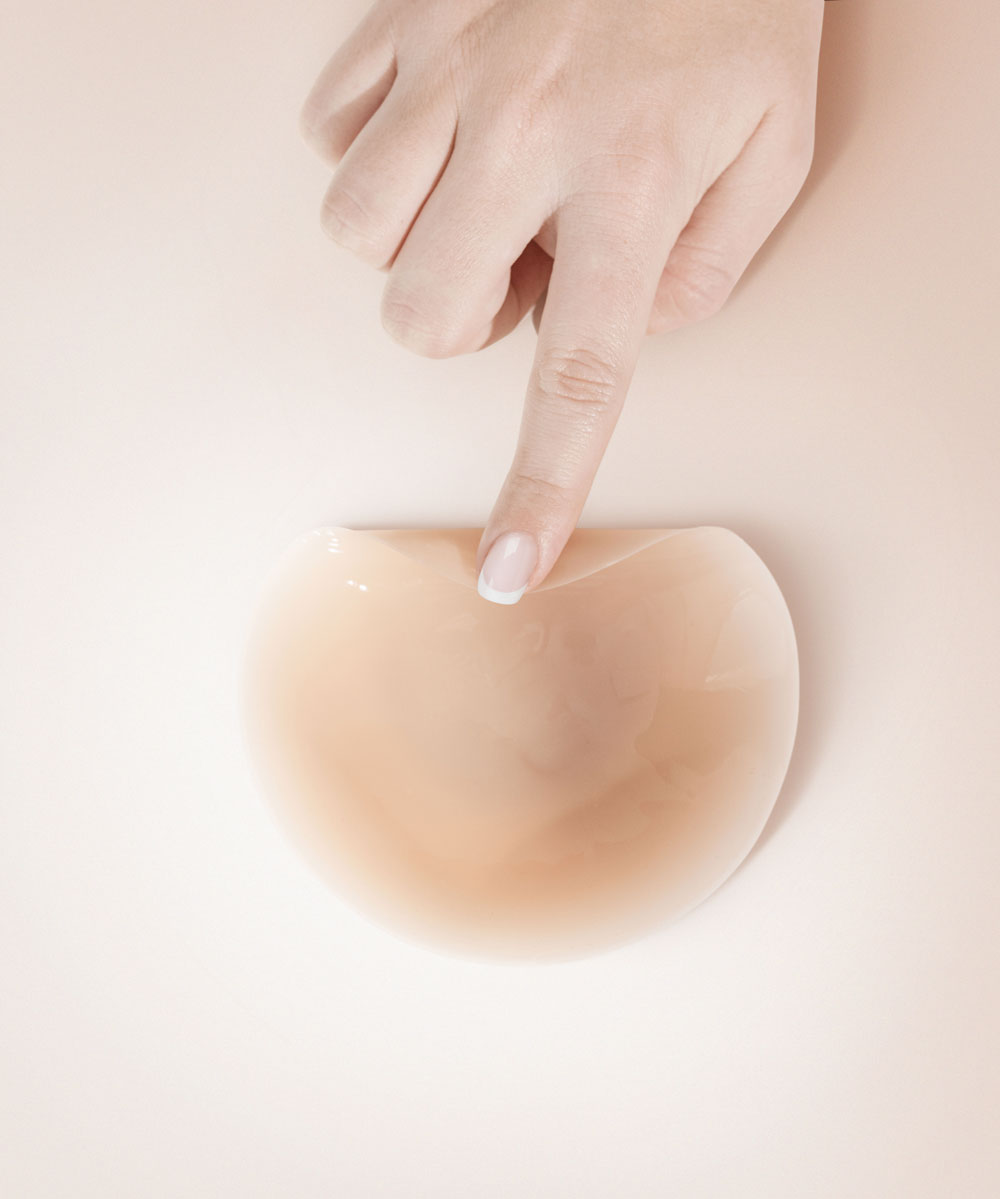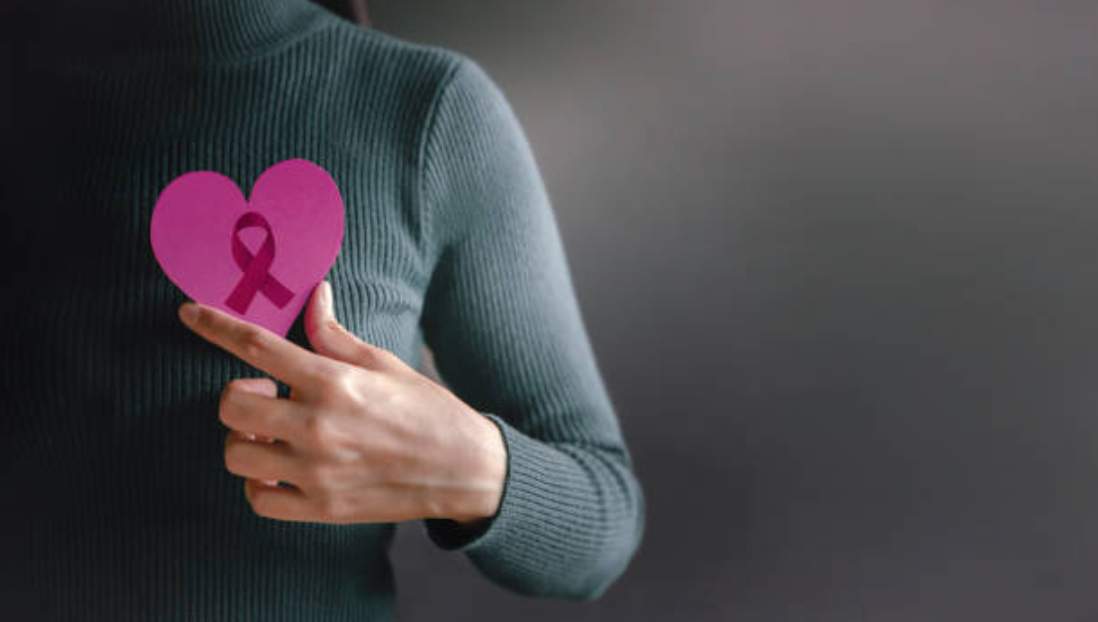From Diagnosis to Recovery: How to Help Your Loved One with Breast Cancer
By NOOD.
Receiving a breast cancer diagnosis is a life-altering event. As a loved one, you may feel overwhelmed, worried, and unsure of how to support your family member or friend through this difficult time. However, there are numerous ways you can help your loved one with breast cancer from diagnosis to recovery. From providing emotional support to helping with daily tasks, there are many ways to show your loved one that they are not alone in this journey. Here are some things you can do to be there every step of the way.
Supporting Your Loved One Through Diagnosis
A breast cancer diagnosis can be a traumatic experience for a loved one. They may feel scared, anxious, or overwhelmed with emotions. As their support system, it’s important to be there for them during this time. Here are some ways to support them after a diagnosis:
- Listen and be present: Your loved one may need someone to talk to about their fears and concerns. Be a good listener and provide a safe space for them to express their emotions. Avoid minimizing their feelings or offering unsolicited advice.
- Offer practical support: Your loved one may need help with practical tasks such as scheduling appointments, transportation, or preparing meals.
- Stay informed: Research information about breast cancer and treatment options to help your loved one make informed decisions about their care. However, be careful not to overwhelm them with too much information.
Remember that everyone experiences a breast cancer diagnosis differently, and there is no "right" way to react. Be patient and supportive of your loved one as they navigate this challenging time.
Overcoming Common Challenges During Treatment
Breast cancer treatment can be physically and emotionally challenging. Here are some common challenges your loved one may face during treatment and ways to overcome them:
- Fatigue: Treatment can cause extreme fatigue. Encourage your loved one to rest when they need to and to ask for help when necessary.
- Nausea and vomiting: Some treatments can cause nausea and vomiting. Offer to make them ginger tea or provide anti-nausea medication recommended by their doctor.
- Hair loss: Hair loss is a common side effect of chemotherapy. Offer to accompany your loved one to a wig fitting or help them shop for hats or scarves.
It’s important to be patient and understanding with your loved one as they navigate these challenges. Encourage them to communicate openly with their healthcare team about any side effects they may be experiencing.
How to Cope With the Emotional Impact
Breast cancer can have a significant emotional impact on your loved one. They may experience fear, anxiety, or depression during their journey. Here are some ways to support your loved one emotionally:
- Encourage them to seek support: Your loved one may benefit from talking to a therapist, joining a support group, or speaking with a spiritual advisor.
- Offer positive affirmations: Remind your loved one of their strengths and the progress they have made in their treatment.
- Practice self-care together: Encourage your loved one to participate in activities that they enjoy such as yoga, meditation, or art therapy.
Acknowledge your loved one's emotions and offer support without trying to "fix" their feelings. Encourage them to take the time they need to process their emotions and remind them that it's okay to ask for help.
Supporting Your Loved One Post Treatment
Recovery from breast cancer can be a long and challenging process. Here are some ways to continue supporting your loved one post-treatment:
- Celebrate milestones: Celebrate your loved one's milestones such as finishing treatment or reaching a specific health goal.
- Encourage follow-up appointments: Encourage your loved one to attend follow-up appointments with their healthcare team to ensure they are on track with their recovery.
- Offer continued emotional support: Recovery can be an emotional time. Continue to offer emotional support and encouragement to your loved one.
Remember that recovery is a journey and everyone's experience is unique. Encourage your loved one to continue taking care of themselves and remind them that they are not alone. Breast cancer can be a challenging and life-altering experience, but you can make a difference in your loved one's journey by being there for them. Your support matters.

The NOODIST






